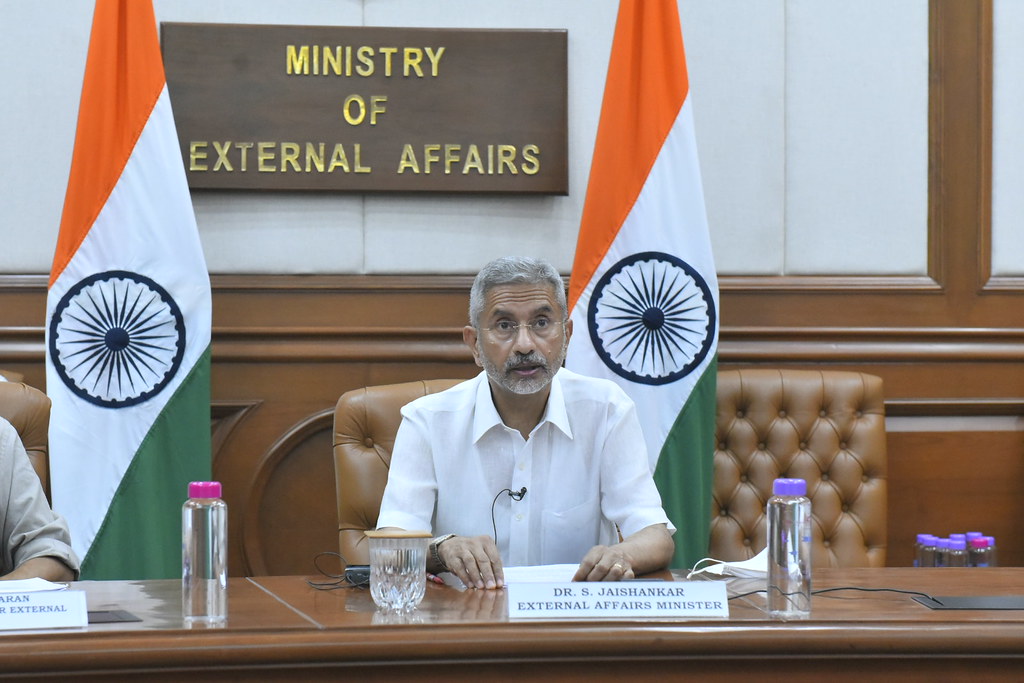NEW DELHI: India has strongly condemned the terror attack on a camp of the Armed Forces in Mali on March 4, the Ministry of External Affairs said in its latest release. Twenty seven Malian Army personnel died and nearly 30 Malians were seriously injured in the attack at Mondoro in the central region of Mopti. The Malian Government declared a three day mourning to observe the death of the soldiers.
According to an African news outlet, Malian forces retaliated to an attack in which over 40 militants got killed. Addressing the Malian authorities, India has expressed condolences to the bereaved families of the killed soldiers, and extended wishes for fast clinical stability of the wounded in the terror attack in the Malian Army camp.
Apart from militancy, Mali is disturbed by several threats from armed groups. The Islamic State in Greater Sahara is facing threat from Islamists outfits like Al Qaida in the Islamic Maghreb (AQIN) that is spreading its tentacles in Mali and neighbouring states including Burkina Faso.
“The attack was expected,” said Dr Andrew E. Yaw Tchie, a Sub Saharan conflict expert at Norwegian Institute of International Affairs based out of Oslo.
The landlocked West African state Mali was colonised by France. France had extended their military presence in Mali in 2013 to ensure security and political stability. Along with France, and other European powers, Canada recently decided to pull back their military forces in a well coordinated way from the troubled areas of Mali since they are not receiving expected coordination from the transitional incumbent authority since the coup d’etat last year.
“Sweden is no longer sending troops to Mali. France is also staying away. Now the configuration of the situation is completely different. All the locals who are taking up arms against the transitional government are not jihadis or radicalised by faith,” said Dr Andrew E. Yaw Tchie, speaking to The New Indian from Norwegian Capital Oslo.









